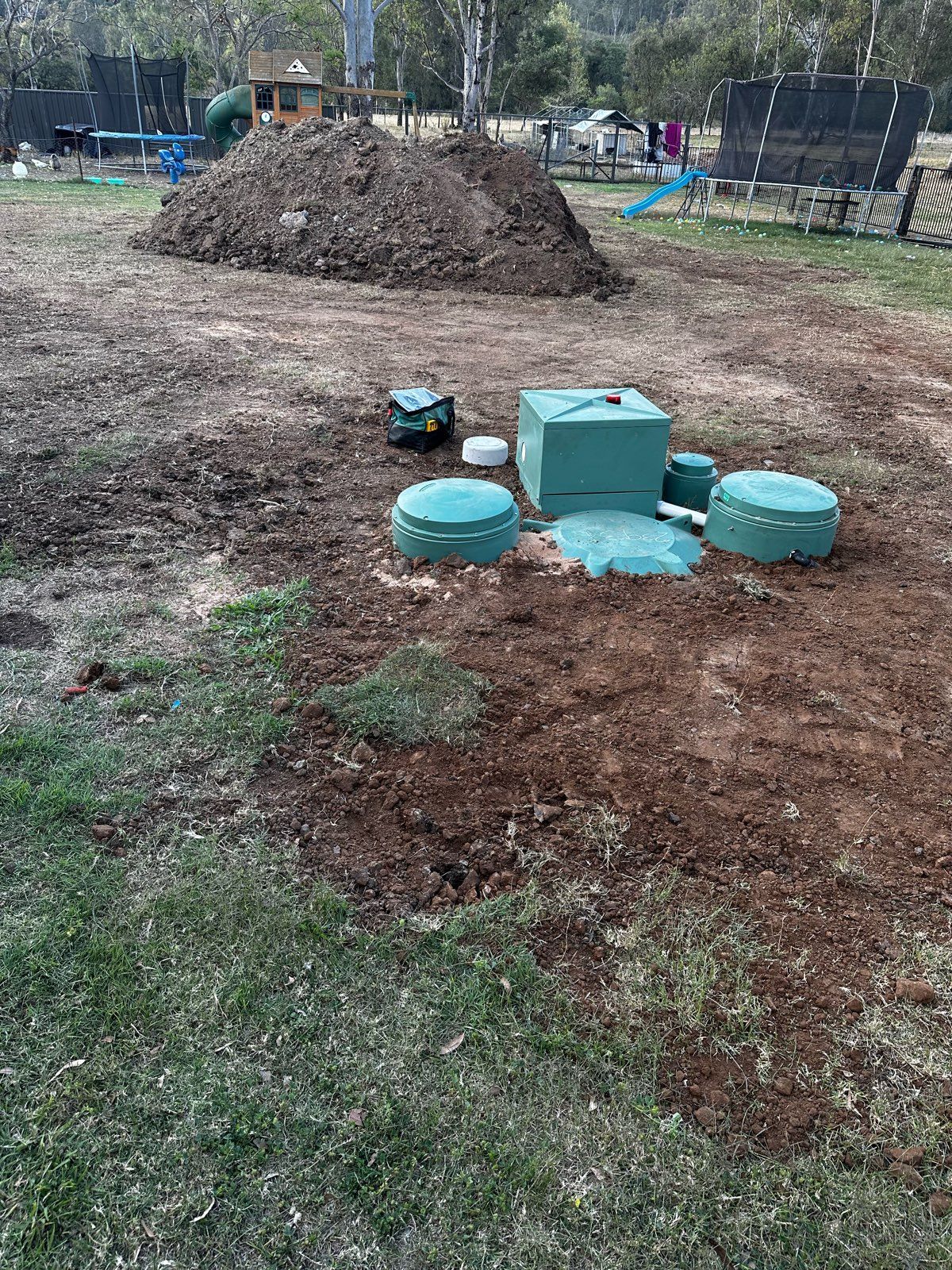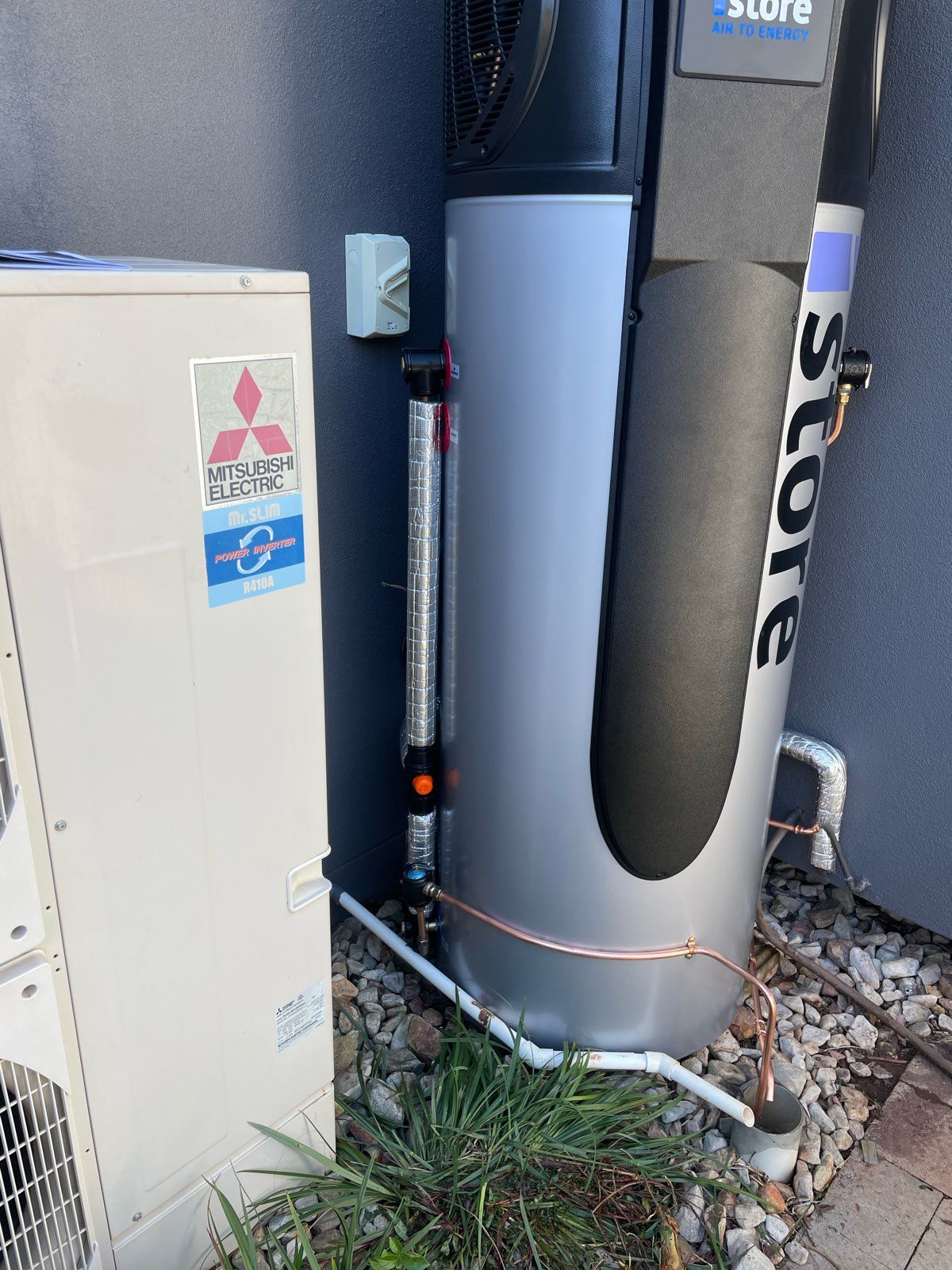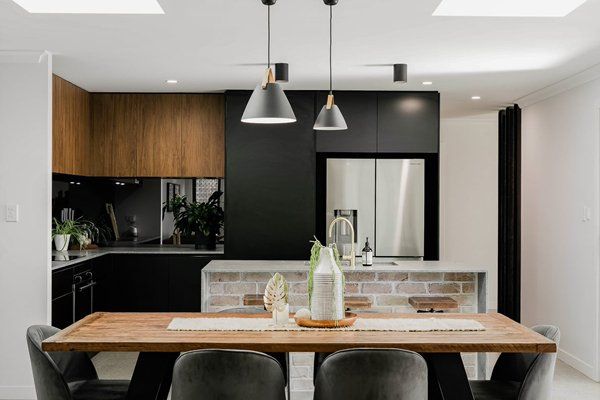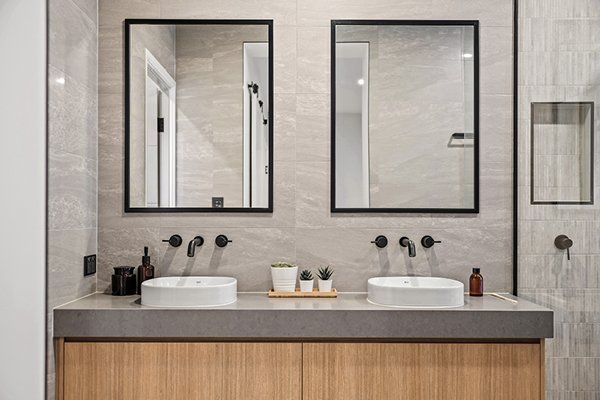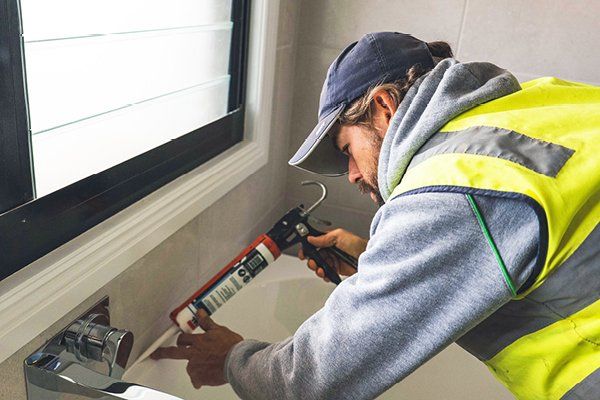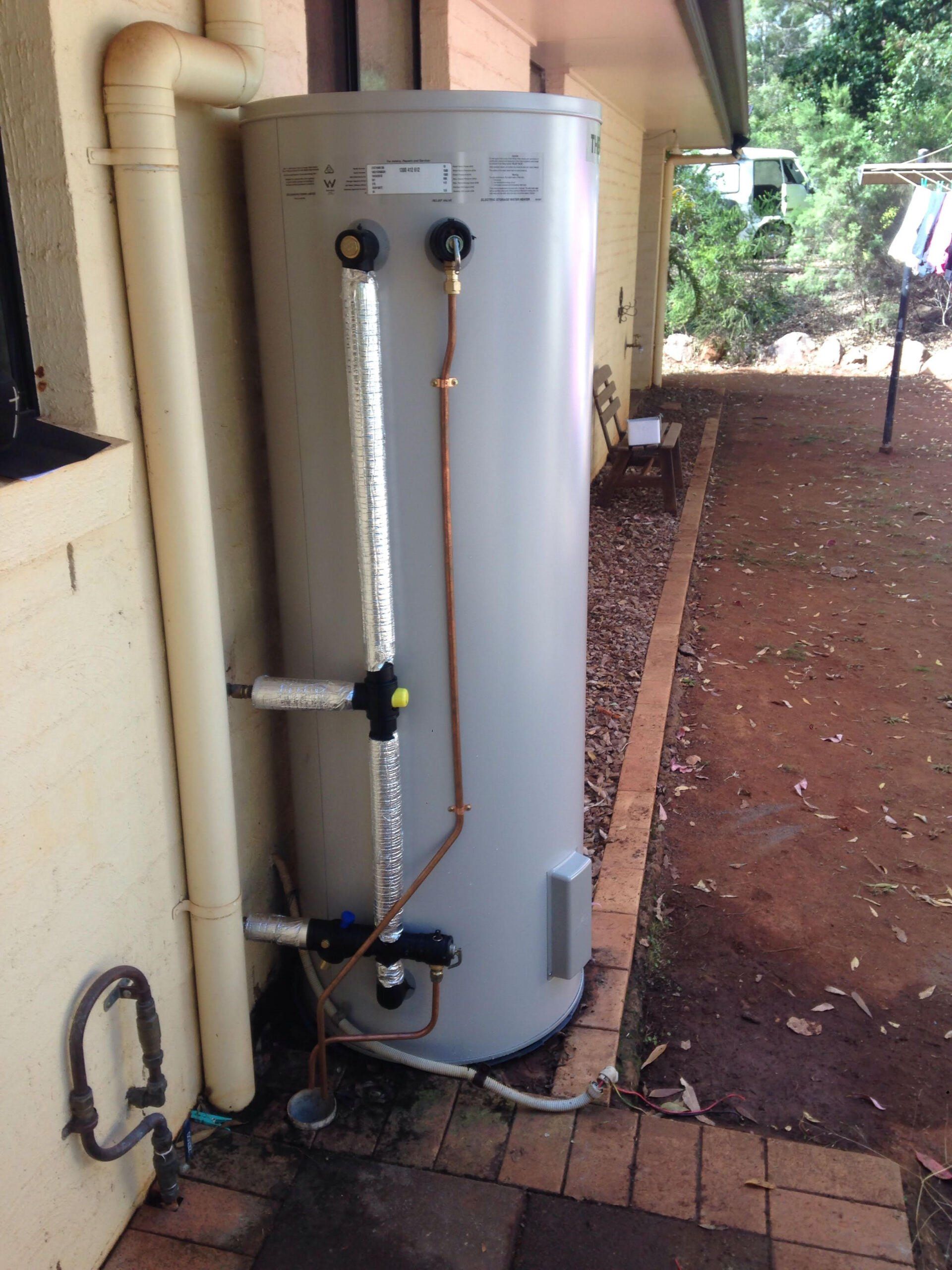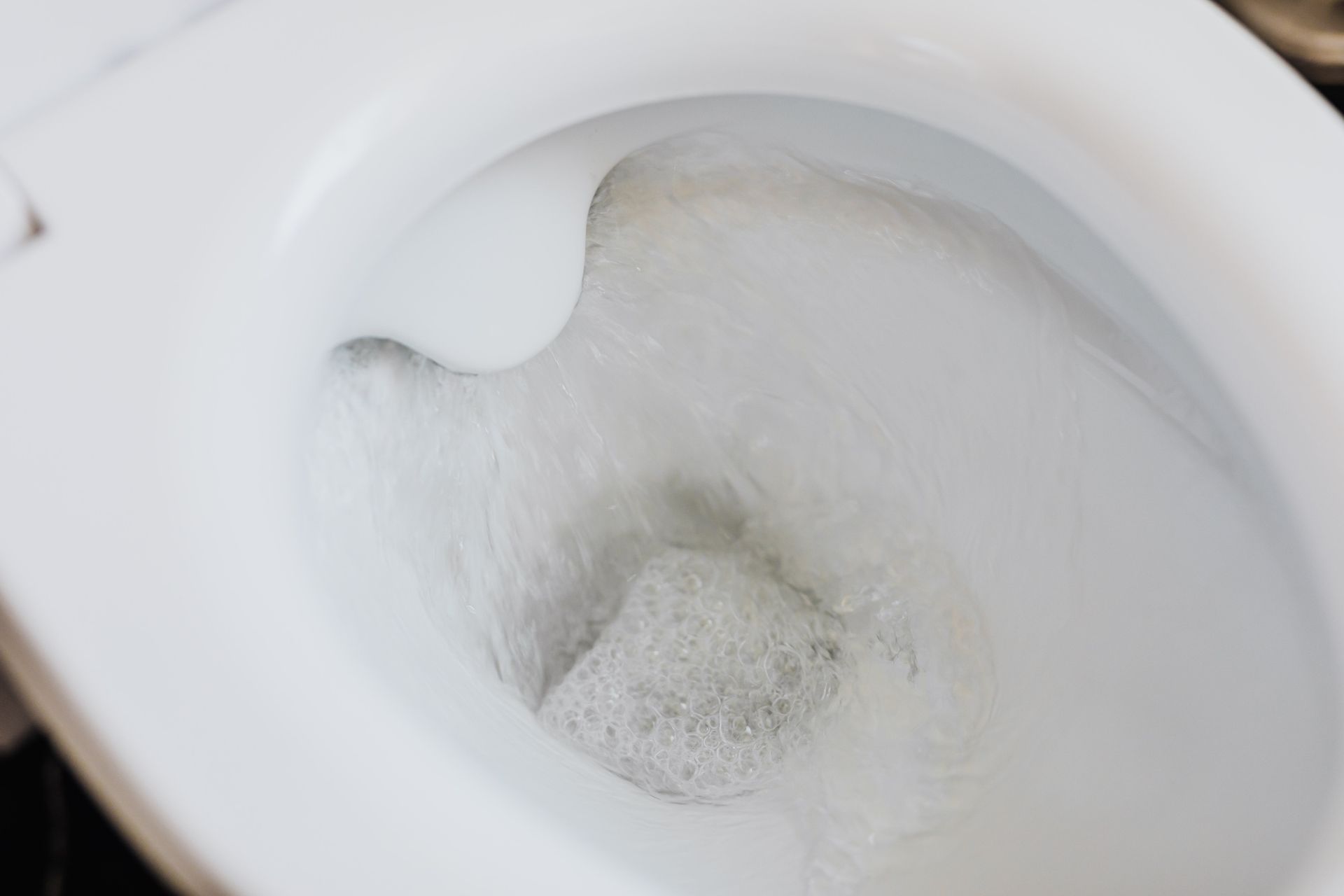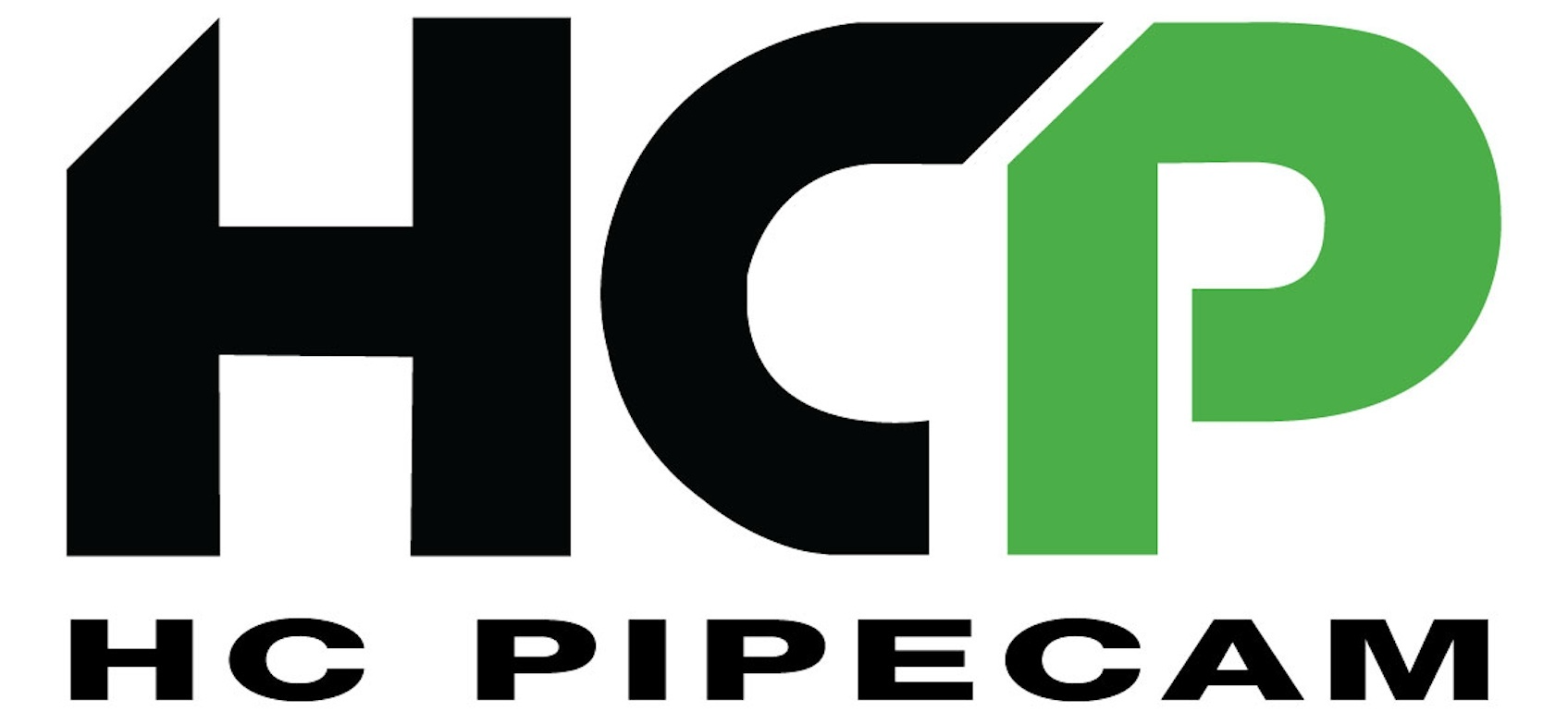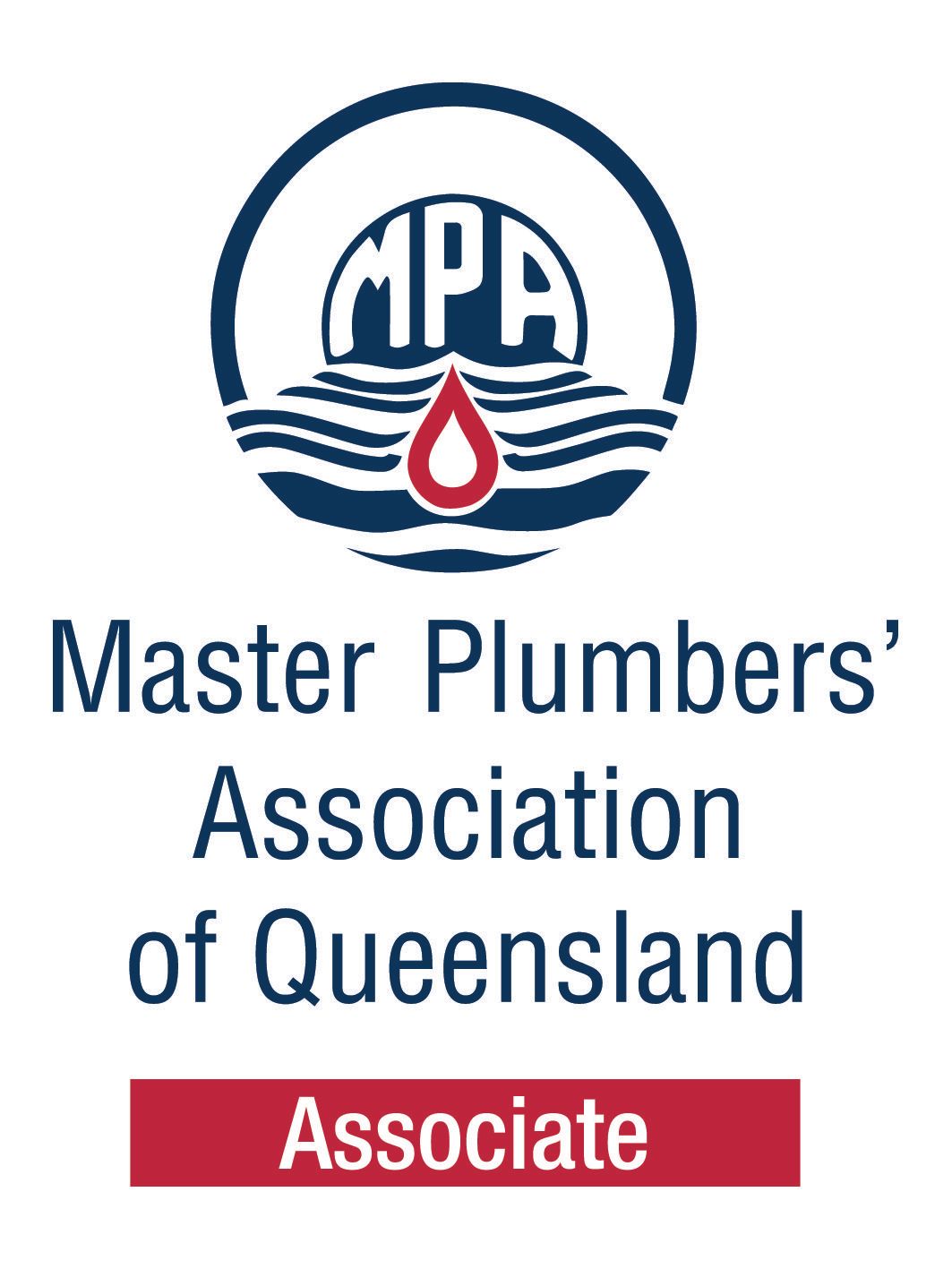What is a water softener and do I need one?
It is very rare that any water is simply a combination of Hydrogen & Oxygen (H2O), most water contains a variety of additional minerals such as calcium and magnesium, and it is the levels of these additional minerals that cause your water to be deemed ‘hard’ or ‘soft’.
In Toowoomba and surrounding regions the town water supply has varying levels of hardness and we do often find local customers are struggling to get longevity from their hot water systems and are frustrated by filthy shower glass.
Why would I need to soften my water?
As a rule, no one ‘needs’ to soften their water. Water softening is generally done based on personal preference, however, in the event that your water's hardness exceeds 120 mg/L, which a lot of Toowoomba’s water supply does, then a water softener may be advisable to ensure the longevity and improve the performance of your appliances.
How do water softeners work?
There are several different sorts of water softener and ways to soften water. Reverse osmosis systems can also be used, but these are very costly and result in huge amounts of water wastage and it’s advised to replace essential elements needed via another filter after!
Generally we recommend systems that rely on ion exchange.
Calcium and magnesium ions are negatively charged, and an ion exchange water softener is full of small beads (about the size of pinheads) that are positively charged, as we all know, opposites attract and the calcium and magnesium bond to the small beads. During the exchange the small beads release sodium (salt).
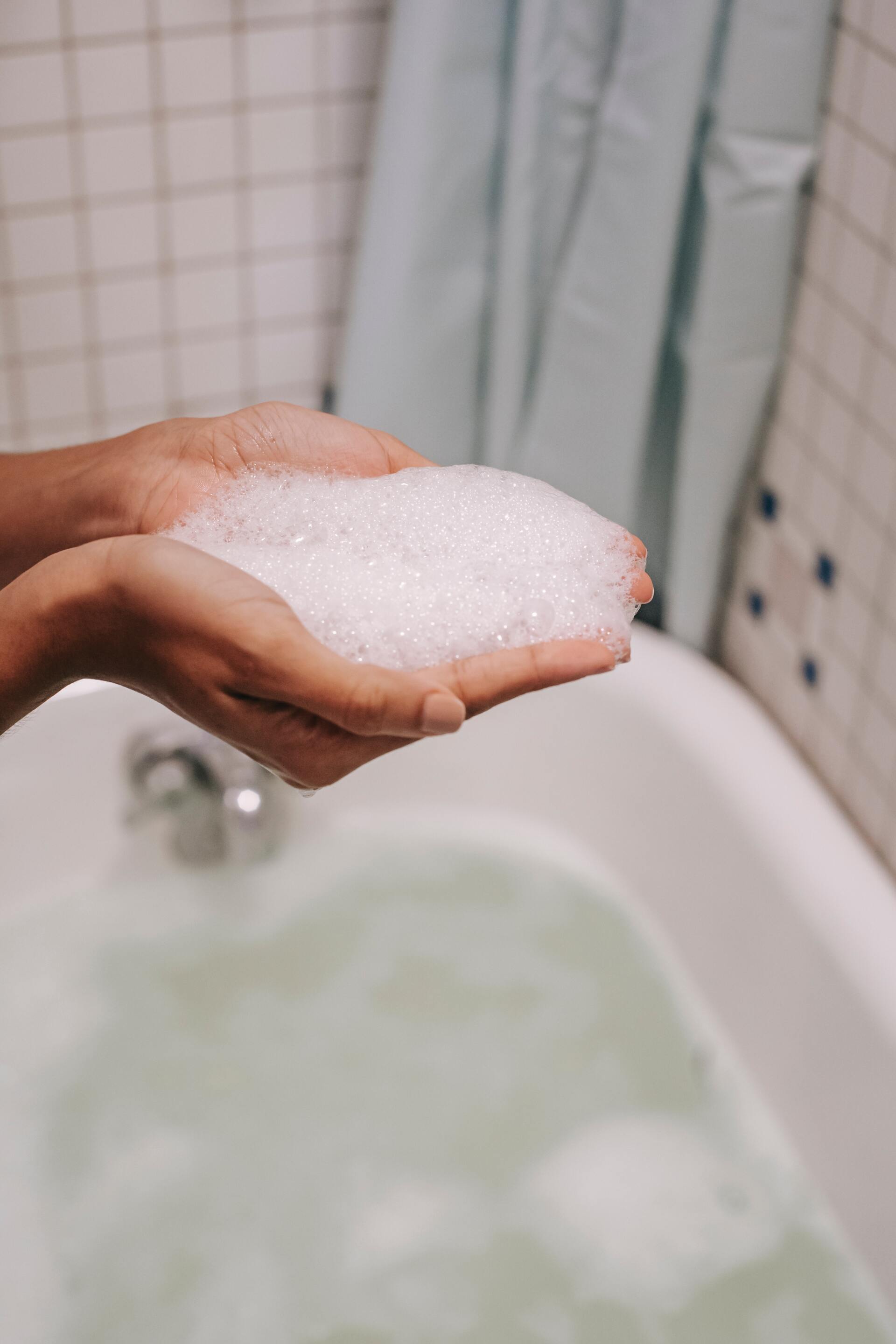
What are the advantages of a water softener?
Some benefits of softening your water are:
- Less build up of scale in your appliances (particularly your hot water system, kettle, washing machine & dishwasher), pipes, fixtures and on glass shower screens
- Improved performance and longevity of your appliances
- Reduced mineral deposits (spots) on your glassware
- Reduced build up of soap scum and deposits in your appliances (washing machine) and sinks, showers and baths
- Clothing and linens will require less detergent to launder and will be softer and last longer
- You will require a lot less cleaning products in a house with soft water
- Soft water may improve skin conditions such as eczema, psoriasis and dry skin
- Money saved on cleaning products, a more efficient hot water system, longer lifespans of appliances
What are the disadvantages of a water softener?
As with all things there can be some disadvantages to installing a water softener such as:
- Small running cost including small power usage and bags of salt
- Small amount of water wasted used during regeneration process
- Small amount of salinity added to water (these aren’t suitable for a person on a low sodium diet)
- Requires an area of ground to sit on
If you are struggling with hard water, and are looking for the right solution for your specific needs, please give us a call on
0439 648 390 to discuss your options.
EXPLORE MORE
